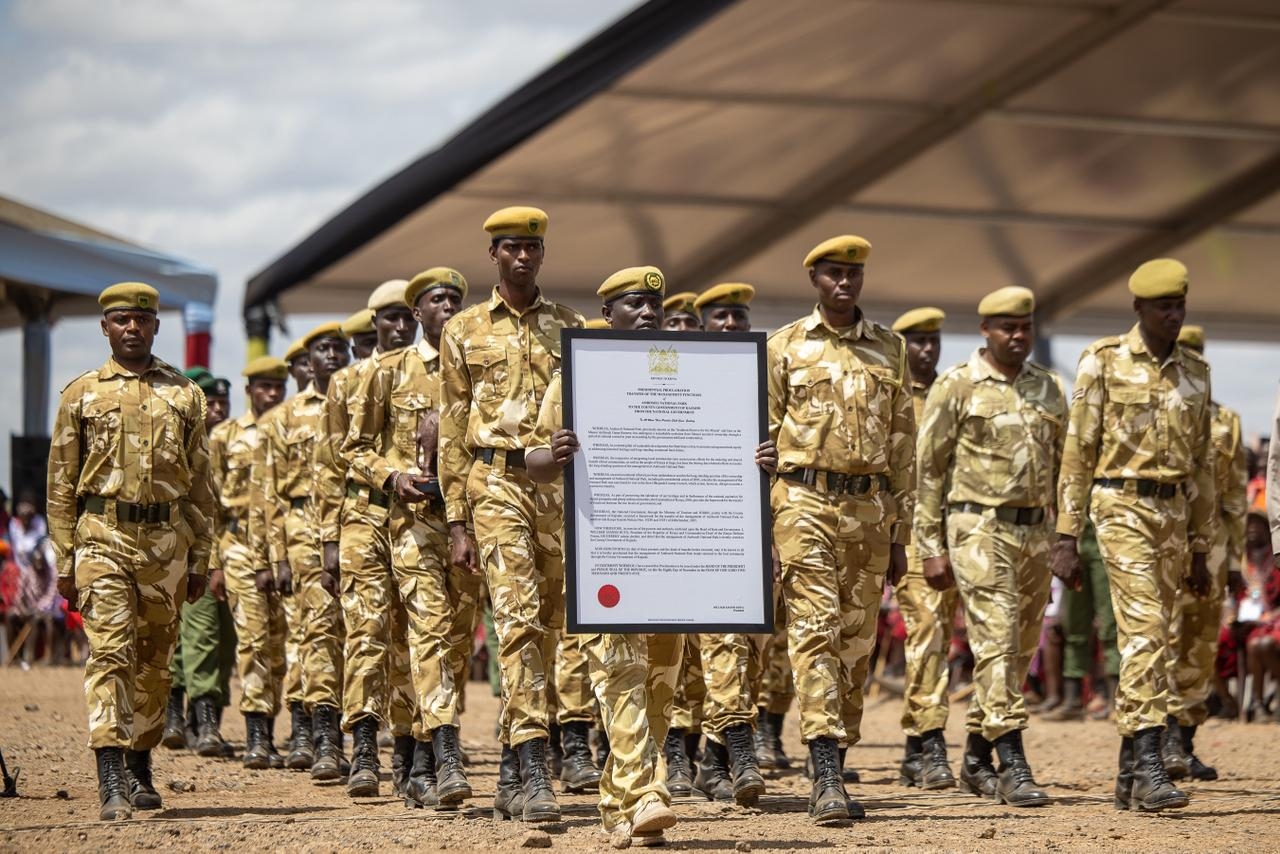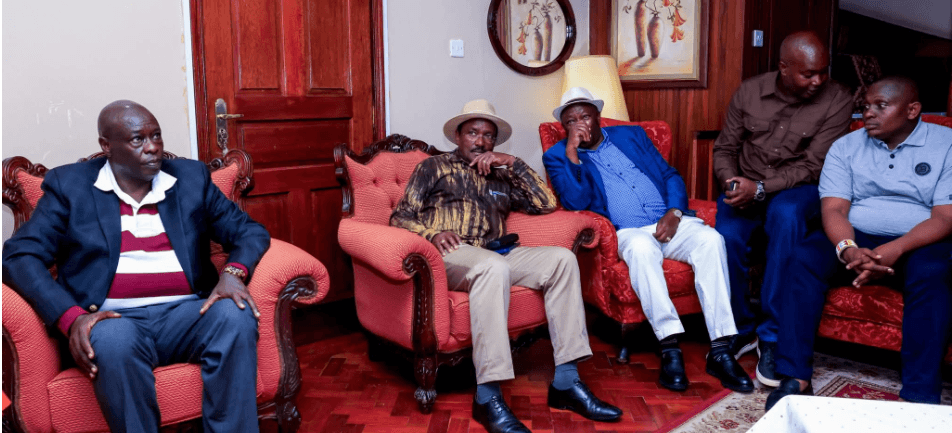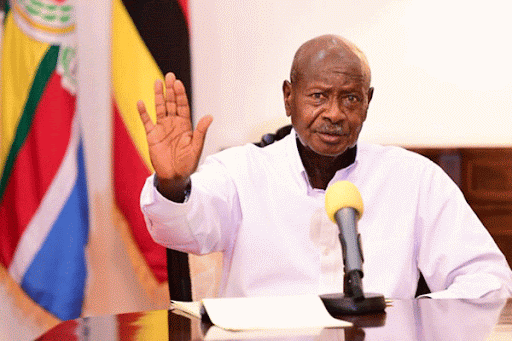
 Court gavel/FREEPIK
Court gavel/FREEPIKThe Court of Appeal has dismissed an
appeal by Japhet Noti Charo challenging Kenya Airways’ ownership of a prime
parcel of land in Malindi, affirming the airline’s title as valid and
indefeasible.
The dispute centred on a plot, which
Charo claimed was ancestral land lawfully allotted to him in 1998.
He accused Kenya Airways of
acquiring the property fraudulently with the alleged collusion of Ministry of
Lands officials.
The airline however stated that it had
received a letter of allotment dated May 6, 1991, and the title deed was issued
on July 15, 1994, making it the first and lawful proprietor of the land.
Kenya Airways said that in July
2006, Charo entered the property without consent and took possession, deprived
of its use and enjoyment The case initially went before the Environment and
Land Court (ELC) at Malindi, where the judge ruled in favor of Kenya Airways.
The court noted that Charo’s title
was issued more than a decade after Kenya Airways’ title and that the
allegations of fraud were unproven.
Charo’s counterclaim to cancel Kenya
Airways’ title was dismissed.
On appeal, Charo argued that the
trial judge ignored evidence of defects in Kenya Airways’ title and that the
letter of allotment addressed to its Managing Director did not transfer
ownership to the company.
However, the Court of Appeal, in a
judgment delivered by Judges Pauline Nyamweya, Kibaya Imaana Laibuta, and Ngenye-Macharia,
upheld the lower court’s findings.
The court emphasised that allegations
of fraud must be strictly proven, and that a corporate body acts through
its officers, meaning a letter to a managing director does not invalidate
corporate ownership.
“The appellant having failed to
prove fraud on the appellant’s part, we find no fault in the learned Judge’s
finding that the allegations of fraud levelled at the respondent in obtaining
its title to the suit property were baseless,” the court said.
It also reiterated that a
certificate of title is generally conclusive evidence of ownership
unless fraud or misrepresentation by the proprietor is demonstrated.
“As the appellant failed to prove
fraud, the respondent’s title remains unshaken and indefeasible,” the judgment
stated.
The appeal was dismissed, and Charo
was ordered to bear the costs of the appeal.
‘In view of the foregoing, we reach
the inescapable conclusion that the appeal fails and is hereby dismissed. Consequently,
the judgment and decree of the ELC at Malindi (J.O. Olola, J.) in Malindi ELC
Civil Suit No. 10 of 2008 dated March
14, 2019 is hereby upheld,” the judges
ruled.





![[PHOTOS] Ruto dazzles in colourful maasai outfit](/_next/image?url=https%3A%2F%2Fcdn.radioafrica.digital%2Fimage%2F2025%2F11%2F8ccfbfe5-a43a-49b3-88f4-b99a41be4594.jpeg&w=3840&q=100)











